
NASA has created a video game for people to go on virtual research expeditions and help scientists map coral reefs around the world from their couch. Over the last several years, researchers at the Ames Research Center in California have developed instruments that can see below the ocean surface in more detail using techniques originally created to view stars.
NASA has taken the equipment on expeditions to Puerto Rico, Guam, American Somoa and other places to collect 3D images of the ocean floor — which is where the public comes in.
To help sort through all the data, NASA has created NeMO-Net, a video game where players travel on their vessel to identify and classify corals using those 3D images.
Players interact with real NASA data to learn about different types of corals and highlight...
Read More










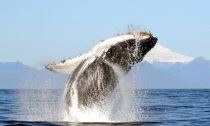
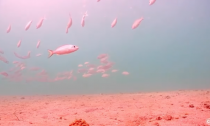

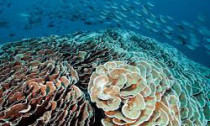

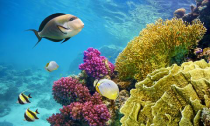

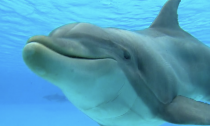

Social Profiles